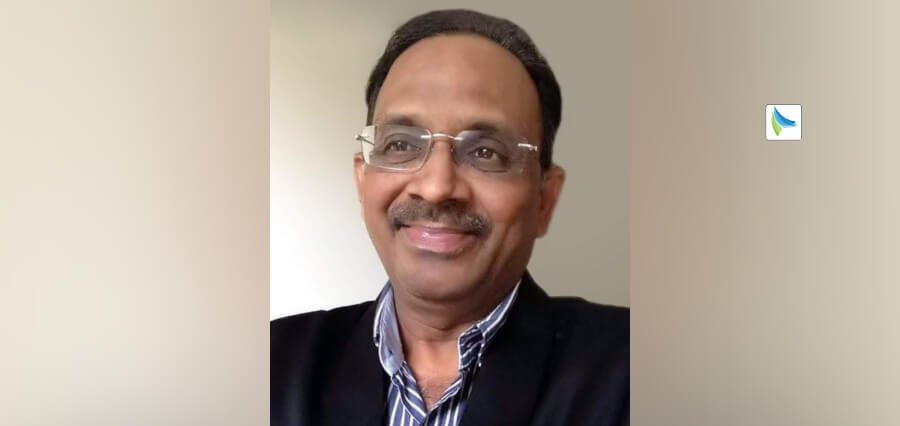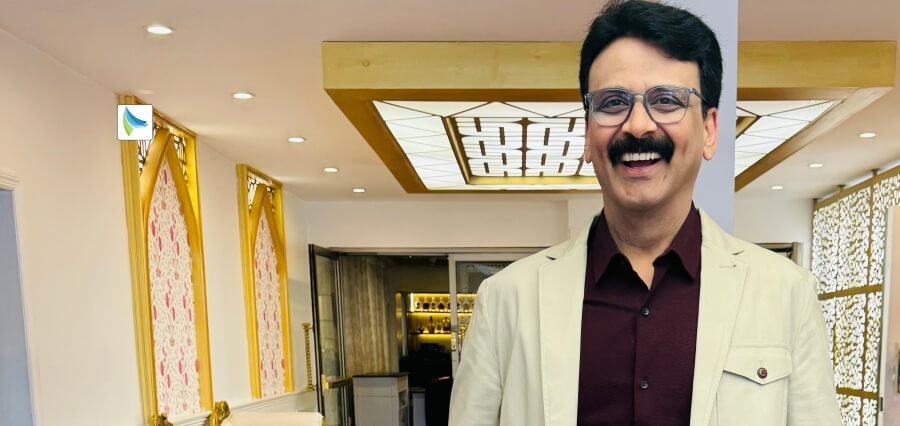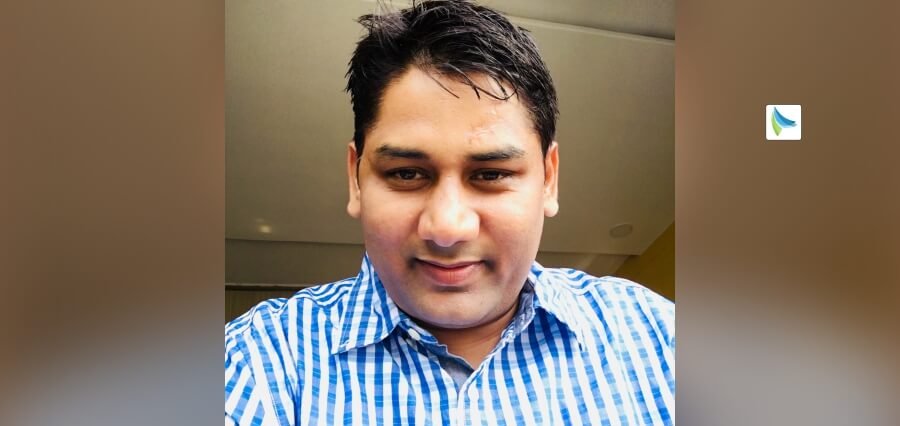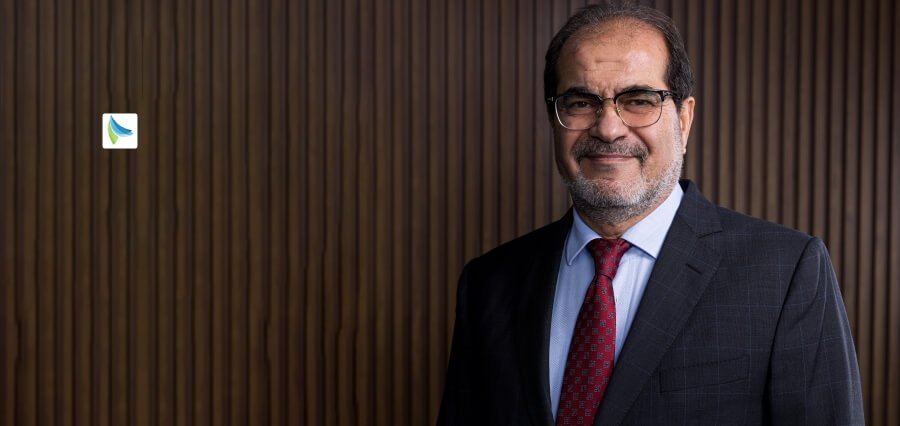The education sector is in flux. Degrees and classroom teaching are no longer the only direct way to premier positions in the industry. The pandemic also brought new situations and challenges to the fore, making it critical for educators to rethink systems for imparting knowledge.
Insights Success embraced an opportunity to interview Dr. Daniel Heimmermann, chancellor of the University of South Carolina Aiken, for his insights on the rapidly evolving modern education sector.
Dr. Heimmermann is a historian of early modern France with a distinguished academic career. He has not only made scholarly contributions in peer-reviewed journals, but he has also proven to be a visionary leader of repute, having held leadership roles throughout his career.
Currently, he is lending his experience and thought leadership to USC Aiken, guiding the university to remain responsive to the needs of the community and implement programs for student success in college and post-graduation.
Dr. Heimmermann shares his insights on the challenges faced by the education sector, pursuing relentless excellence in his career, and how USC Aiken is achieving the badge of distinction among universities.
Below are the highlights of the interview:
Briefly describe your professional journey up until now.
After completing my graduate studies in 1994 and earning a PhD in early modern French history at Marquette University, I joined the University of North Alabama (UNA) in Florence, where I served as a professor and then chair of the Department of History and Political Science from 2002-2008. During my 14 years at UNA, I earned a reputation as an award-winning classroom instructor and active scholar focusing on early modern French social and economic history. I regularly presented at major national and international conferences on French and European history. Additionally, I produced numerous refereed journal articles and reviews and a well-received scholarly book.
While I was very content as a faculty member and in “cultivating my own garden” by focusing solely on my career, I was asked to assume the chairmanship of the history department. Reluctantly, I accepted. To my surprise, I derived great satisfaction from working and supporting the professional goals of others and leading the development of innovative academic programs that met student and societal needs. As a person who strives to move forward in all respects of my life, I was soon drawn to advanced leadership positions that would offer me wider and greater responsibility. My chairmanship in Alabama was followed by a deanship at the University of Texas Brownsville (now the University of Texas Rio Grande Valley) from 2008-12, then stints as provost and vice president for academic affairs at Mississippi University for Women (2012-14) and the University of Texas Permian Basin (2014-21). In 2021, I reached what I believe is the pinnacle of my career trajectory when I became the fifth chancellor of the University of South Carolina Aiken, my current position.
What challenges did you face along the way?
Taking responsibility for others and being held accountable for the work of others initially was difficult. Still, I learned to accept this responsibility and adopt the leadership philosophy of Dwight D. Eisenhower, who said, “Leadership consists of nothing but taking responsibility for everything that goes wrong and giving your subordinates credit for everything that goes well.” The greatest challenge during my career journey was imposed on my family, who willingly followed me on my career journey from one great opportunity and location to the next.
What significant impact have you brought to the education industry?
I like to believe that my impact on the education industry has been to ensure that the institutions to which I have been a part remained responsive and relevant to the people and communities they serve. Indeed, universities must never take for granted public support for or trust in higher education. This support and trust must be continuously earned. Like the pursuit of excellence, it is not once achieved and later forgotten; it must be striven for, intentionally and relentlessly.
In this spirit, I have led the creation of signature academic programs in engineering, business, and nursing, as well as numerous industry-aligned graduate and undergraduate programs in emerging areas such as cybersecurity, data science, gaming and simulation, network administration security, software development, and website design and development. In support of these programs, I led the establishment of colleges in health sciences and human performance, engineering, nursing, business, nursing, as well as academic and research centers/institutes in biomedical science, cybersecurity and information, natural resource management, and water and energy whose applied research focus is on solving our nation’s most pressing challenges. I have also made it a priority to communicate to the public how the university is fulfilling its mission and remaining relevant and responsive to the community it serves.
“USC Aiken will continue to remain relevant and responsive to the expectations and needs of our community by developing high-quality, accessible, industry-aligned programs that respond to current and future workforce needs.
Tell us about the University of South Carolina and its foundation pillar.
USC Aiken is a relatively young comprehensive university that was founded in 1961. A member of the Council of Public Liberal Arts Colleges (COPLAC), USC Aiken has emerged as the STEM leader in our regions in the past five years. The university is a member of the University of South Carolina system and offers students a highly personalized educational experience at a terrific value. USC Aiken offers undergraduate degrees in 65 areas, including a number of fully online degree programs as well as selected master’s degrees designed to meet local and national workforce needs.
With an enrollment of just under 4,000 students, USC Aiken students enjoy a personalized educational experience that features high-quality teaching, engaged learning pedagogies, and an inclusive, active, and fun campus environment. All of our courses are instructed by professors who are committed to the success of our students, who are afforded collaborative research opportunities and other experiential, real-world forms of learning.
The university maintains strong relationships with our community, including the Savannah River National Laboratory, and offers a wide variety of engaging non-credit courses and programs to our local community, including our vibrant senior population. U.S. News & World Report consistently has ranked USC Aiken among the best universities in the south and was rated highly in 2021-22 by the Colleges of Distinction. Further, USC Aiken is ranked in the top ten nationally for service to veterans, who make up eight percent of our student population.
How does the University of South Carolina Aiken promote workforce flexibility, and what is your role in it?
USC Aiken is a residential university that offers students outstanding in-person experience, requiring most of our employees and support staff to perform their work on campus. Like other organizations, however, we have had to respond to the realities of the changing labor market and the increased interest among professionals in remote work options. Our ability to offer remote work in certain situations has allowed us to hire and retain highly sought-after technical and other skilled workers who have lucrative opportunities in the private sector.
While we often cannot compete with private sector salaries, we do offer our employees an outstanding and supportive work environment as we pursue our noble mission in higher education. Offering remote work, where appropriate, offers us another means to remain competitive in the labor market and enables us to fill critical workforce needs.
Well before the onset of the COVID-19 pandemic, USC Aiken leveraged technology to enhance its operational efficiency as well as to expand the reach of its academic mission by offering distance instruction and programs electronically. Indeed, during the past five years, USC Aiken experienced meteoric increases in online enrollment. During this period, for example, enrollment in the recently launched online MBA program has risen from 13 to 421 students.
In addition to enhancing access to higher education – an integral part of our mission – technology also has allowed us to more effectively engage with and support our students via social media, text messaging, and other platforms. During the past year, for example, we adopted an electronic advising scheduling, communication and student success case management system that tracks students’ degree progress as well as student interactions with campus personnel and offices. This has enabled seamless and timely communication with students and our staff, allowing for a team approach to support the academic and non-academic needs of our students.
What will be the next significant change in the education industry, and how are you preparing for it?
The next significant change in the education industry will arise as universities are compelled to respond to the public’s demand for more personalized, flexible, career-focused, efficient and less expensive educational options that are aligned with their career needs and goals. Just as movie theaters and cable and satellite television providers steadily have lost their home entertainment monopolies to online streaming and other non-traditional sources of electronic entertainment, universities dominance of postsecondary education and workforce training will be increasingly challenged by non-traditional providers, such as Google and other for-profit and non-profit entities.
In many cases, offerings from these providers are less expensive, more convenient and seemingly more industry-aligned than those of traditional universities. The rapidly changing workforce requires re-skilling and upskilling, “just-in-time” education, stand-alone certifications, credentials, and micro-credentials that can be completed in months rather than years. While the demand for traditional four-year baccalaureate degrees will increasingly continue, companies such as Tesla, IBM, Apple and Google are no longer requiring bachelor’s degrees as an application requirement. In response, non-traditional providers such as Google offer targeted and highly personalized professional certifications aligned with industry standards whose learning outcomes can be achieved in a much more flexible and abbreviated format.
As these credentials gain more credibility with the public and their employers, universities will need to respond by more effectively articulating the quality and relevance of their current offerings but also by developing similarly typed programs and credentials. Fortunately, the imperatives imposed by the pandemic and workforce needs already have induced many universities, including USC Aiken, to respond with flexible, industry-aligned credentialing programs.
Indeed, USC Aiken’s Bachelor of Science in Applied Computer Science with a concentration in cybersecurity incorporates coursework offered by the SANS Technology Institute (STI)—the world’s foremost leader in providing industry-aligned cybersecurity academic programs for business and government professionals. Program graduates can complete all the requirements for a bachelor’s degree and STI’s industry recognized undergraduate certificate in applied cybersecurity.
In consultation with local employers, we plan to expand our certification offerings not only in technical and business-related fields but also in the liberal arts and humanities, whose imparted transferable skills not only prepare students to be career ready upon graduation but make them highly adaptable, employable, and indeed “future proof” in the ever-changing job world.
What are your goals in the upcoming future?
Going forward, USC Aiken will continue to remain relevant and responsive to the expectations and needs of our community by continuing to develop high-quality, accessible, industry-aligned programs that respond to current and future workforce needs. Additionally, we will aggressively respond to the call to increase post-secondary educational attainment in South Carolina and the nation. We will double down on our commitment to student success by developing and implementing a student success strategy that will ensure students have a supportive path to graduation.
Further, we will continue to be a collaborative, impactful and highly visible community partner. Illustrative of our commitment to regional collaboration and development is the Department of Energy’s Advanced Manufacturing Collaborative (an innovation hub for manufacturing, fostering modern industrial practices, advancing new technologies and training the future manufacturing workforce with a focus on chemical and materials manufacturing) and the South Carolina National Guard’s Cyber Security Center, both of which will be constructed on our campus. Finally, this fall, we will embark on a collaborative university strategic planning process. Together with our community stakeholders and building upon our tremendous legacy, we will determine the priorities, goals and strategies that will guide our university for the next five years.
What advice would you like to give the next generation of aspiring leaders in the education sector?
Now more than ever, higher education needs leaders who not only can articulate the value and relevance of a traditional post-secondary educational curriculum and experience but who are sensitive and responsive to the needs of the rapidly changing economy and its workforce.



















